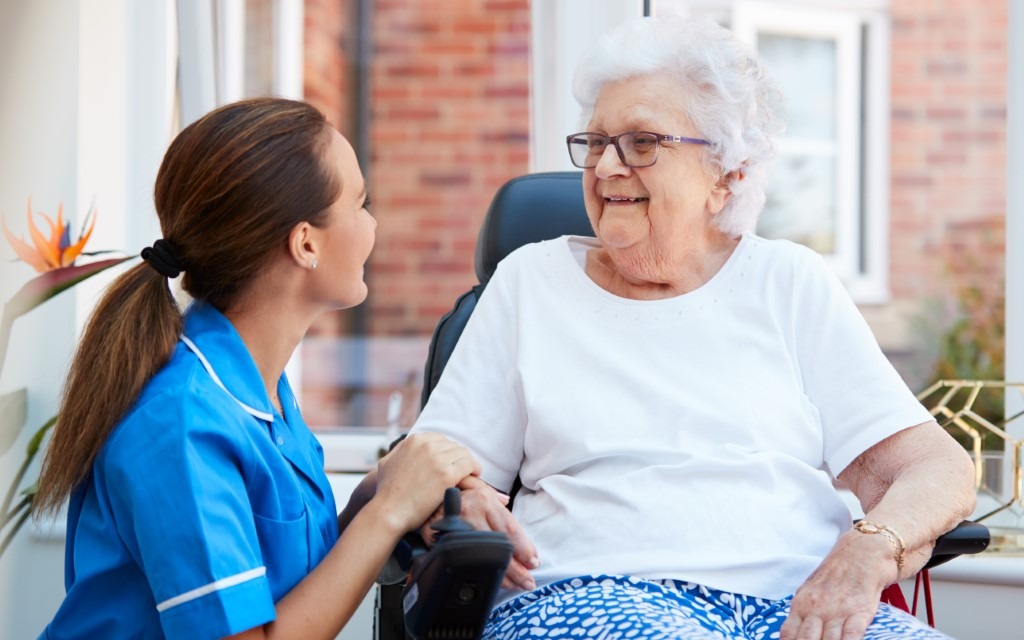With age it becomes challenging to manage health along with everyday tasks around the house. At this time, older citizens need care and assistance more than ever. Aged care support services provide care and assistance to the elderly in various ways. Finding the correct type of service is easier if you know your options. Aged care might involve assistance with daily life, health care, housing, and equipment such as walking frames or ramps. These services are available to individuals in their homes, community, or residential aged care facility.
Here are the three types of aged care services in Australia.
1. Short-term care
As the name implies, this is a care arrangement required for a short time, like in a dementia nursing home. This is to support a person who has either left the hospital after illness or surgery or needs convalescent care. Facilities can provide short-term care to seniors with a variety of care needs. These seniors can be:
- Independent seniors who have an illness or disability
- Patients living with dementia or Alzheimer’s who are already receiving round-the-clock care
- Seniors in need of homeless food services
The unifying thread is that they all need empathetic, and attentive care in a welcoming community for a limited time. It can be suitable for a family who is looking to take a break or someone who recently got back from the hospital.
Patients in dementia nursing homes benefit from:
- Involving activities for connection
- A sense of security
- Well-appointed amenities
- Lovely community areas
2. Home care
Home care services encompass professional support services enabling a person to live comfortably at home. In-home care services can support the following:
- Someone ageing and needs assistance to live independently
- Someone recovering from a medical procedure or ailment
- Someone with chronic health difficulties
- Someone with special needs
Professional caregivers, like nurses, provide short- or long-term care in the home, depending on their needs. Home care can be helpful in many ways-
- It can help manage an ongoing medical condition
- It can offer safety, security, and increased independence
- It can help avoid unnecessary hospitalisation
- It can help with recovery after an illness or hospital stay—all while getting care at home.
Home care services may include:
- Companionship
- Assistance with daily tasks such as dressing and bathing.
- Nursing care for a short or long period for an illness, disease, or handicap
- Services for therapy and rehabilitation
- Assisting with the safe completion of household tasks
3. Aged care facilities
Aged care refers to the overall care and support offered in a typically aged care facility. It is sometimes known as “personal care” or “assisted living” and typically includes assistance with basic requirements such as washing, clothing, mobility support, and so on. To some lengths, they can provide homeless food services.
Residential care facilities are small private facilities with 20 or fewer residents. The staff is available 24X7. They provide non-institutional home-based services to seniors who do not require 24-hour nursing care. In addition, these facilities provide personal care assistance with duties such as grooming, toileting, and meals.
Citizens may lose their ability to live independently as they age. There are numerous reasons for this, ranging from illness to several disabilities. With the three options above, one can receive good care and help from a professional. However, when caregivers and families need help caring for a loved one, they may not know where to turn. Therefore, it is critical to locate the appropriate community.

